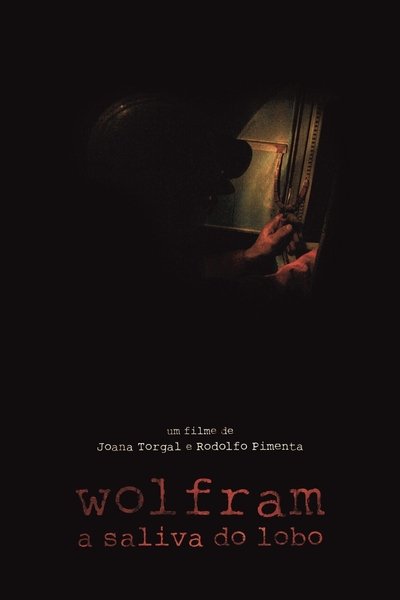Wolfram, a Saliva do Lobo
Genres
Documentary
OverView
The darkness of the mine, invaded by the miners' light, by the noisy machines and the permanent and intense smell of ore in the air, leads us to an environment in which time and space become confused. A documentary film at Panasqueiras' Mine, between 2008/09. A reality captured by an eye-observer which does not interfere, but follows the compost that grows from the earth and is decomposed by man-machine.
Others
Budget
$--
Revenue
$--
Status
Released
Original Language
Portuguese
Runtime
55 mins
Rating
7/10
Release Date
14 October 2010
Country
Portugal

